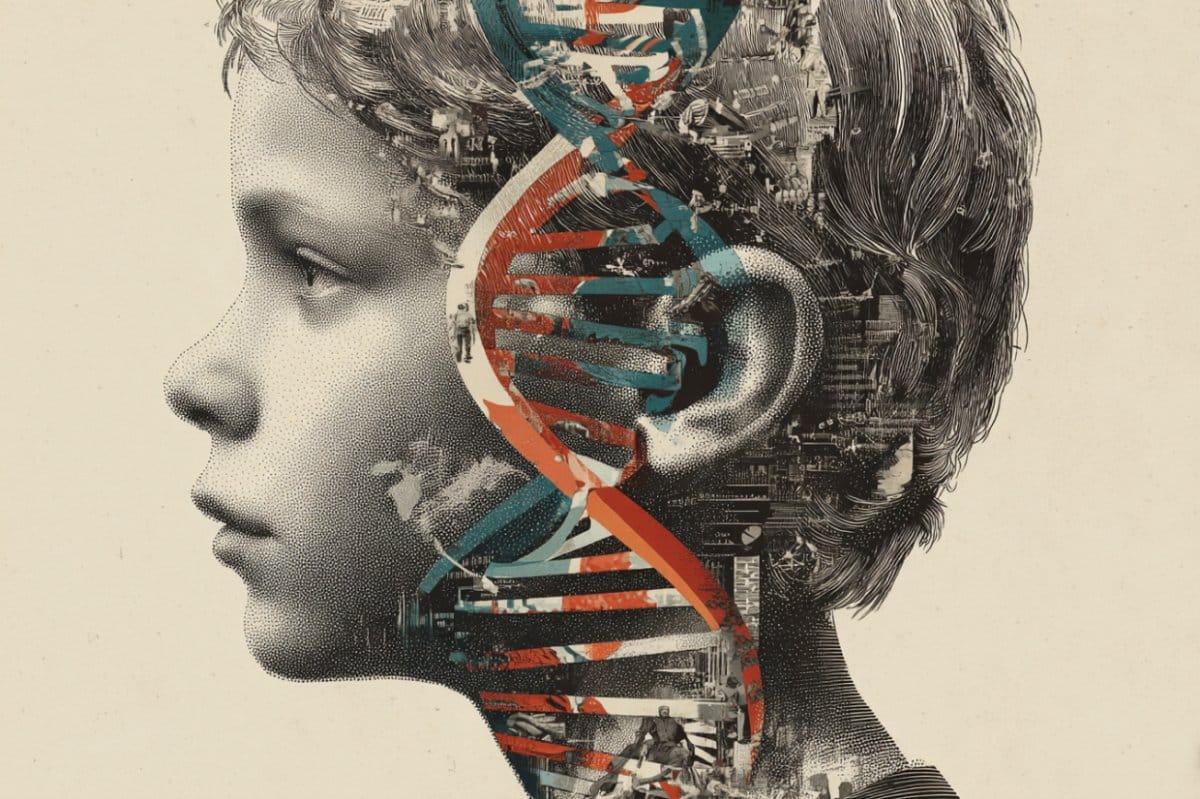Summary: Researchers have released genetic and behavioral data from over 1,500 children and adolescents with autism who were hospitalized in psychiatric units across the U.S. This group, often representing those with profound autism—marked by minimal language and high support needs—has been largely missing from previous datasets.
The new release includes rich phenotypic data on emotion regulation, cognition, communication, and more, alongside whole-exome sequencing from participants and their parents. By capturing data from individuals with the most severe challenges, this work aims to fuel more targeted interventions and deeper understanding of autism’s full spectrum.
Key Facts:
- Underserved Population: The dataset focuses on individuals with profound autism, often excluded from outpatient-based research.
- Rich Data Collected: Includes behavioral, cognitive, emotional, sleep, and parental stress data, plus whole-exome sequencing.
- Goal of the Release: To support research that leads to more tailored treatments for aggression, self-injury, and other high-need symptoms.
Source: Boston Children’s Hospital
The Simons Foundation Autism Research Initiative (SFARI) has released phenotypic and genetic data from the Autism Inpatient Collection (AIC), a cohort of more than 1,500 youth participants ages 4 to 20 years old who were hospitalized in one of six child psychiatry units in the United States.
The AIC, supported by SFARI and the Nancy Lurie Marks Family Foundation, aimed to engage these individuals, many of whom meet recently proposed criteria for ‘profound autism’ (autism characterized by intellectual disability or minimal language that requires high levels of supervision and support) as they are substantially underrepresented in datasets derived from outpatient or community settings.

“This dataset is the largest single collection of information on hospitalized children with autism, many of whom meet the criteria for profound autism,” says Matthew Siegel of Boston Children’s Hospital, who founded and is the Principal Investigator of the AIC.
“By pairing extensive phenotypic and genetic data on over 1,500 participants with high-confidence autism, we hope to increase the focus and accelerate scientific inquiry for this group, who have the most dire needs, but we know the least about.
“Our goal is to fuel development of increasingly targeted interventions for the significant challenges of this population, including aggression, self-injury and emotional dysregulation.”
Phenotypic measures were completed for the domains of behavior, communication, emotion regulation, adaptive functioning, cognition, sleep, and parent stress and self-efficacy, providing a fine-grained picture of a difficult to access part of the autism spectrum.
A full list of phenotypic measures can be found in the Researcher Welcome Packet.
Blood samples — or saliva when blood could not be obtained — were collected from the child with autism and their biological parents. These samples are stored in a central repository (via the sample management organization Sampled) and managed by SFARI. Whole-exome sequencing data of DNA extracted from these samples are now available.
“We are excited to provide this valuable resource to the scientific community and hope that it will lead to a better understanding of autism with high support needs,” says Kelsey Martin, executive vice president of autism and neuroscience at the Simons Foundation.
“We are thankful for all the participants and researchers who have made this project possible over the past 10 years, and we look forward to the discoveries it will enable.”
All data and biospecimens are available to approved researchers via SFARI Base.
About this genetics and autism research news
Author: Joelle Zaslow
Source: Boston Children’s Hospital
Contact: Joelle Zaslow – Boston Children’s Hospital
Image: The image is credited to Neuroscience News







